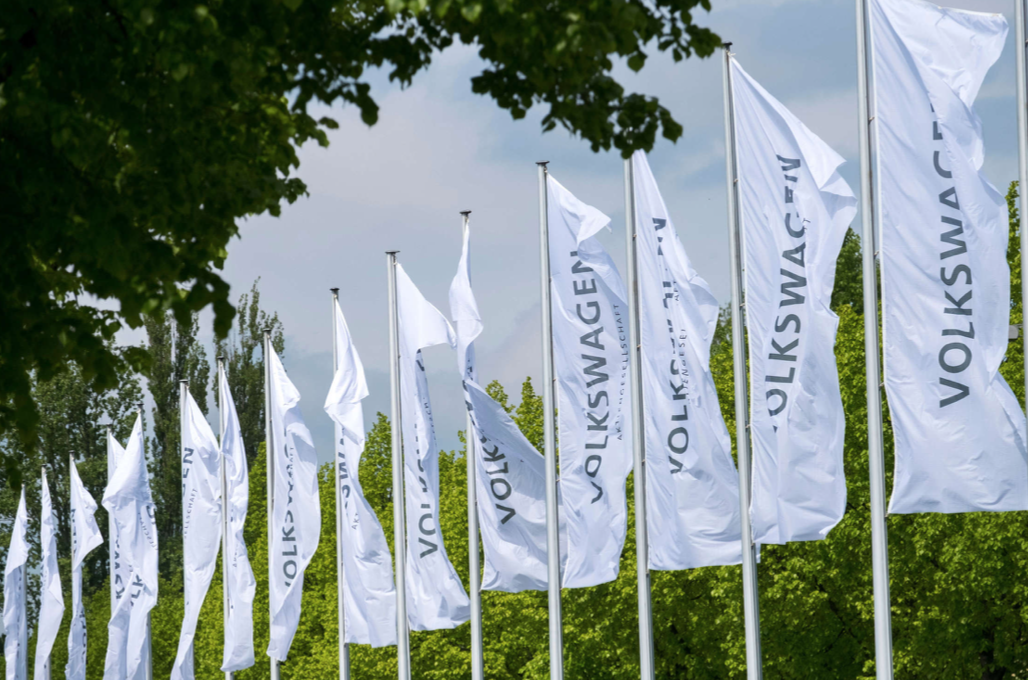
Volkswagen Group invests €122 billion in electrification

VW is investing 122 billion euros in electrification but at the same time doesn’t want to dismiss other solutions like e-fuels /Volkswagen
In the next five years, two-thirds of VW Group's investments will be turned to electric and connected cars. The Group foresees €122 billio


Comments
Ready to join the conversation?
You must be an active subscriber to leave a comment.
Subscribe Today